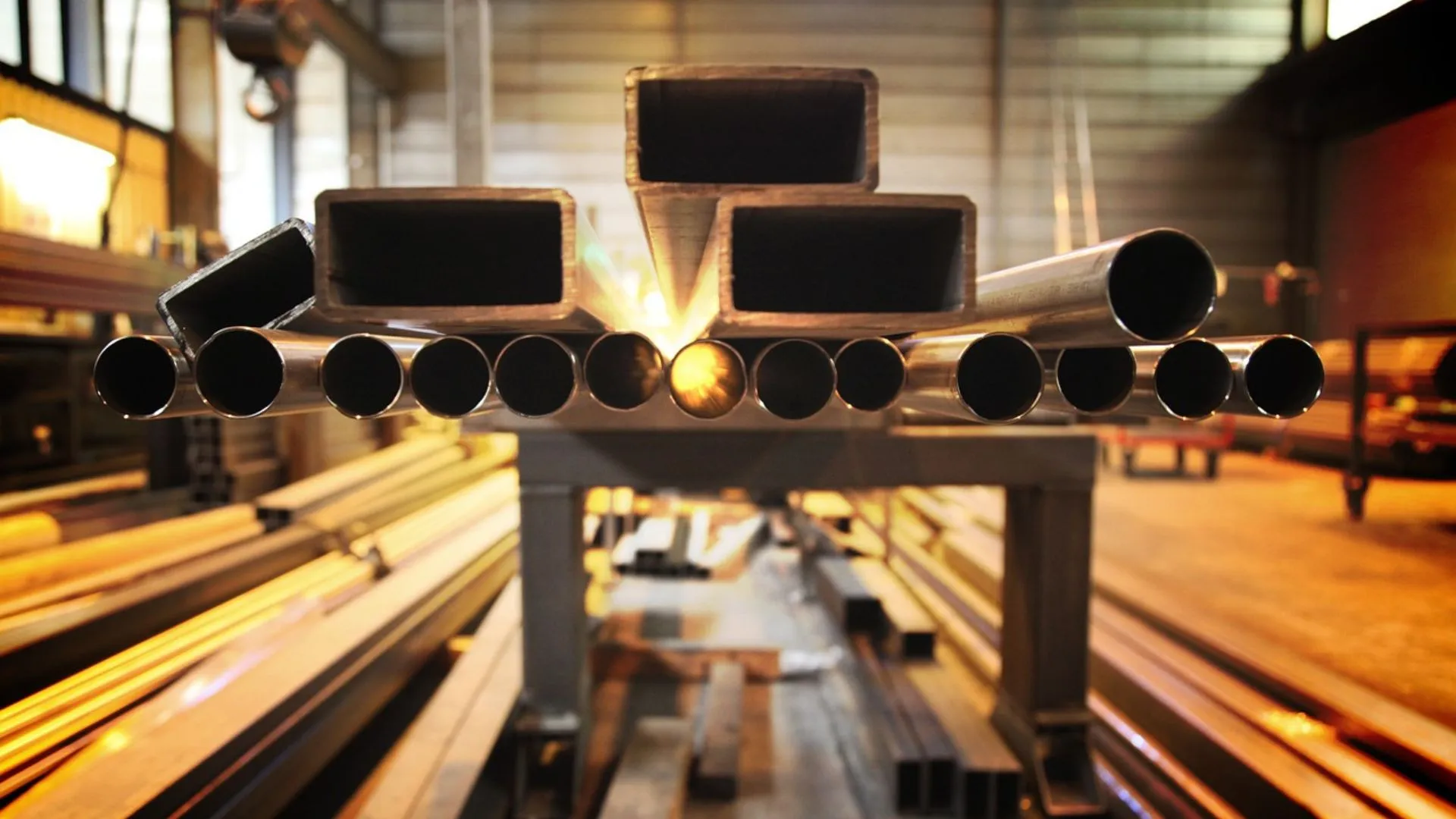Washington, D.C. – President Donald Trump has officially approved a 25% tariff on imported steel and aluminum, a move that has sent shockwaves through global markets and sparked strong reactions from key trading partners. The decision, announced on February 10, is part of Trump’s broader push to revitalize American manufacturing and reduce reliance on foreign metals, but critics warn that it could trigger international trade tensions.
According to BBC News, Asian and European steelmakers saw their stock prices drop immediately after the announcement, as investors feared that retaliatory measures could follow. The tariffs are expected to hit major exporting nations such as China, South Korea, Germany, and Canada, potentially escalating a new round of trade disputes.
Reuters reported that Asian steel stocks, including those of Japanese and South Korean manufacturers, fell sharply, with some companies warning of reduced profitability if demand shifts toward U.S.-produced steel and aluminum. European Union officials have already signaled their intent to challenge the tariffs at the World Trade Organization (WTO) and are considering countermeasures on American goods.
In the U.S., Trump defended his decision as a necessary step to protect domestic industry and American jobs. The New York Times noted that U.S. steel manufacturers and labor unions have welcomed the move, believing it will help revitalize local production and prevent job losses. However, critics argue that higher costs for imported metals could hurt American industries that rely on steel and aluminum, such as auto manufacturers and construction firms.
With the tariffs set to take effect in the coming weeks, global markets remain on edge, waiting to see how affected countries will respond. If major U.S. trading partners retaliate with tariffs of their own, the world could be facing another period of economic uncertainty and potential trade wars.







